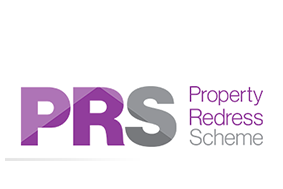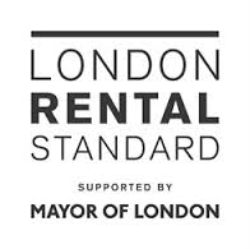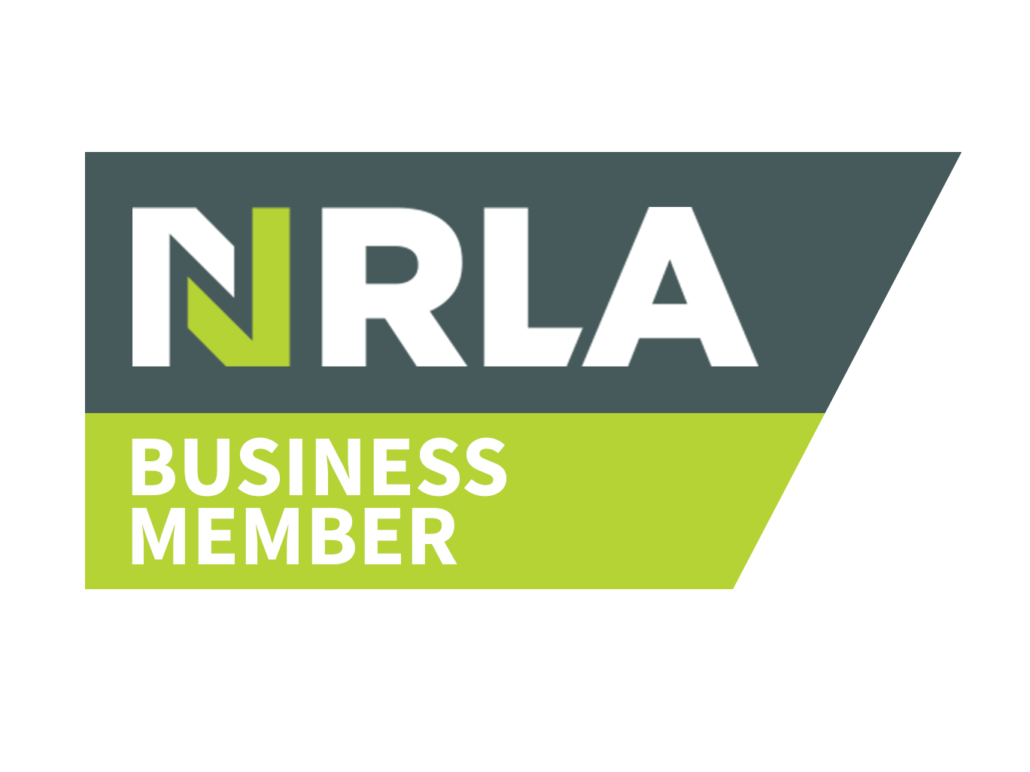Distinguishing Shared Flats: Agency vs. Landlord Management
Shared flats managed by agencies and those managed by landlords present distinct differences that can significantly impact the living experience for tenants. Here are some key distinctions:
1. Professional Management:
- Agency: Managed by professional agencies with dedicated staff for efficient administration.
- Landlord: Typically managed by individual landlords who may have varying levels of professionalism and availability.
2. Administration and Maintenance:
- Agency: Offers streamlined administrative processes, including rent collection, dispute resolution, and routine maintenance.
- Landlord: Relies on the landlord’s personal approach, which can vary widely in terms of efficiency and responsiveness.
3. Communication:
- Agency: Acts as a central point of contact, facilitating communication between tenants and landlords.
- Landlord: Direct communication with the landlord, which may be more personal but could lack the efficiency of a dedicated management team.
4. Security Measures:
- Agency: Often implements advanced security measures, such as CCTV surveillance and secure access systems.
- Landlord: Security measures depend on the individual landlord’s choices, which may vary in sophistication.
5. Community Building:
- Agency: Some agencies organise community events, fostering a sense of community among residents.
- Landlord: Community building depends on the landlord’s initiatives, which may or may not be a priority.
6. Flexibility:
- Agency: Offers flexible lease terms catering to the dynamic lifestyles of tenants.
- Landlord: Lease terms may be less flexible, depending on the landlord’s preferences and policies.
7. Cost Efficiency:
- Agency: Shared costs for rent, bills, and maintenance are often efficiently managed, contributing to cost savings.
- Landlord: Cost efficiency may vary, and the responsibility for shared costs depends on the landlord’s approach.
8. Availability:
- Agency: Professional teams are available to handle tenant queries and concerns promptly.
- Landlord: Availability depends on the individual landlord’s schedule and responsiveness.
9. Quality of Furnishings and Amenities:
- Agency: Often provides fully furnished accommodations with high-quality amenities.
- Landlord: Quality of furnishings and amenities may vary, depending on the landlord’s investment in the property.
10. Community Guidelines:
- Agency: Usually has clear guidelines and policies for communal living.
- Landlord: Guidelines may vary, and communal living expectations depend on the landlord’s preferences.
In summary, while both agency-managed and landlord-managed shared flats have their merits, the distinguishing factor of shared flats is an important consideration. Agency-managed flats tend to offer a more professional, streamlined, and community-oriented living experience, with the added benefits of a distinguishing shared living arrangement. In contrast, individual landlords may provide a more personalized but potentially variable approach to shared living. Ultimately, the choice often depends on tenants’ preferences and priorities in terms of convenience, community, management style, and the distinguishing shared flats aspect.

















